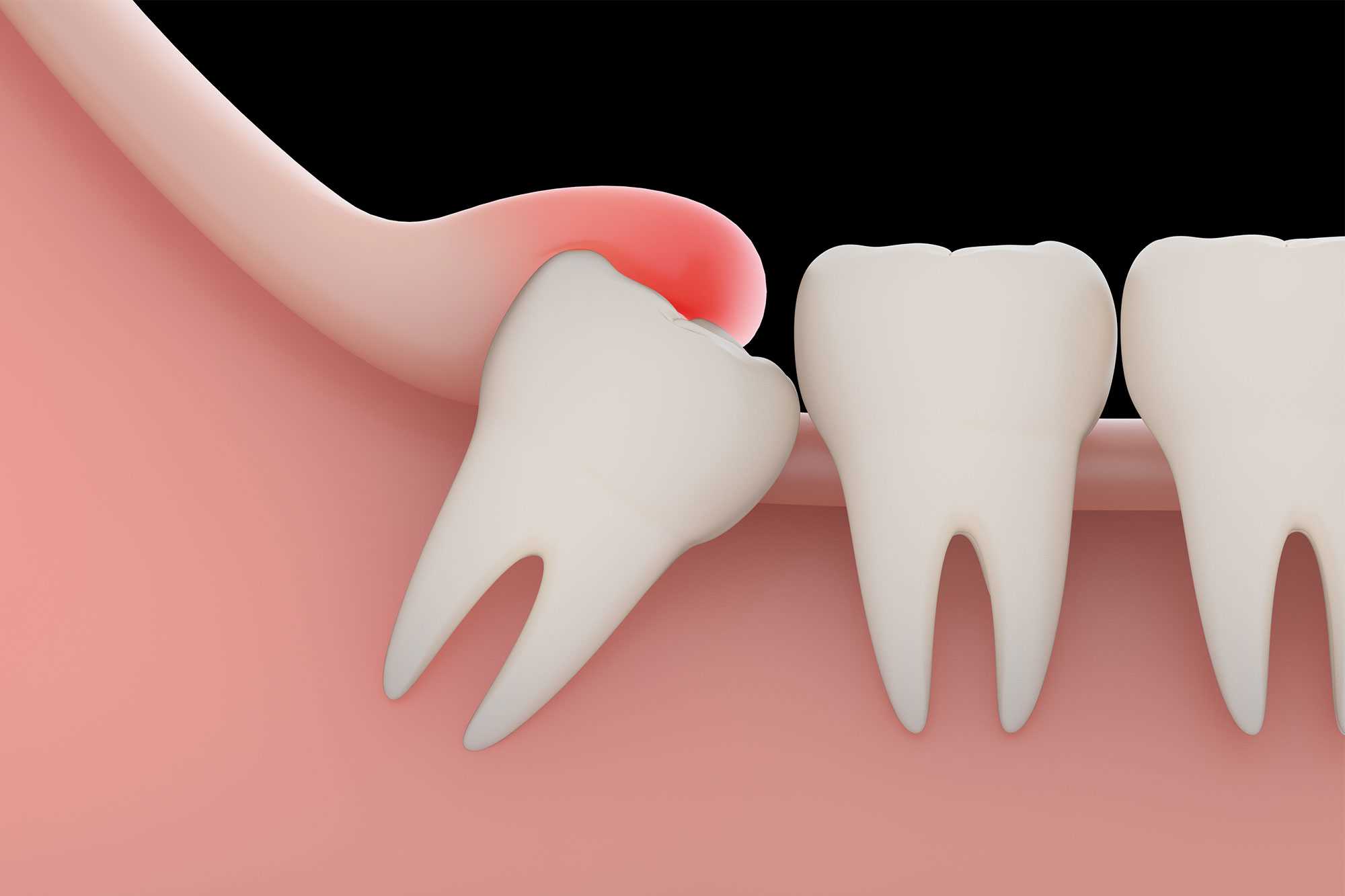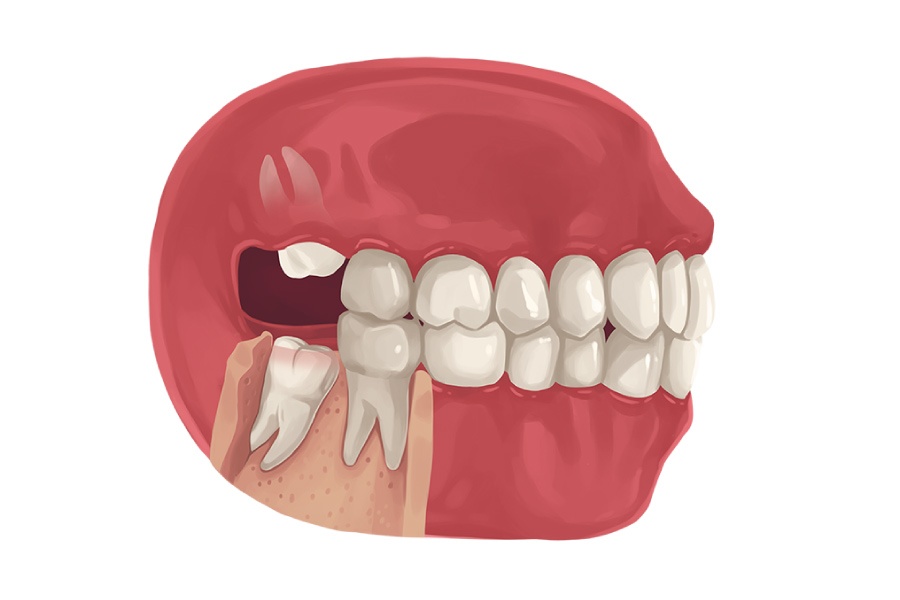Wisdom Teeth Removal Aspendale: Post-Procedure Care and Recovery Tips
Wisdom Teeth Removal Aspendale: Post-Procedure Care and Recovery Tips
Blog Article
Exploring Various Sedation Options for a Comfy Knowledge Pearly Whites Removal Experience
The usage of sedation during such treatments has actually become increasingly common to ease anxiousness and discomfort. With a range of sedation choices offered, from local anesthetic to basic anesthesia, each method uses varying levels of leisure and discomfort control.
Neighborhood Anesthetic
Regional anesthesia is a generally used technique for numbing specific locations of the mouth during wisdom teeth extraction procedures. By carrying out a neighborhood anesthetic, such as lidocaine, a dentist can make certain that the patient remains comfy and pain-free throughout the extraction procedure.
One of the key advantages of regional anesthetic is its targeted numbing impact, which means that only the particular location being dealt with is influenced. This localized strategy decreases the danger of systemic side impacts and permits a quicker recuperation post-procedure. In addition, local anesthetic is thought about to be a regular and secure method in dentistry, with minimal threats entailed when provided by a skilled professional.
Nitrous Oxide
Nitrous oxide, commonly known as laughing gas, is a kind of sedation commonly used in dental care to aid individuals kick back throughout dental procedures. This sedation choice enables the client to stay receptive and conscious throughout the procedure while really feeling at simplicity and comfortable.
Additionally, nitrous oxide is recognized for its rapid recuperation time. When the mask is gotten rid of, the effects of the gas use off promptly, permitting individuals to resume their typical tasks without remaining sedative impacts. This makes laughing gas a practical choice for those who need to drive themselves home after the oral consultation. Nitrous oxide is appropriate for patients of all ages, making it a functional sedation choice for wisdom teeth removals and various other oral procedures.
Dental Sedation
Oral sedation, a pharmacological approach employed in dentistry, entails the management of sedative medicines by mouth to cause a loosened up state throughout dental procedures. The drugs prescribed for oral sedation belong to a course of medications called benzodiazepines, which have sedative, anxiolytic, and amnesic buildings.
One of the main benefits of dental sedation is its simplicity of administration. Unlike intravenous sedation, oral sedation does not require needles or shots, making it a more comfortable alternative for people with a worry of needles. Additionally, oral sedation is taken into consideration secure and effective when administered by qualified dental experts. Nonetheless, it is crucial for people to follow pre-operative instructions given by their dental practitioner, such as abstaining from consuming alcohol or eating before the treatment to guarantee the sedative medicine functions as meant.
IV Sedation
Provided intravenously by trained physician, IV sedation is an effective method made use of to induce a controlled state of deep relaxation and unfamiliarity during dental procedures. Unlike oral sedation, which can be unforeseeable in its effects, IV sedation allows for exact control over the degree of sedation, making it a perfect selection for intricate procedures like knowledge teeth removals.
During IV sedation, a sedative drug is delivered directly into the blood stream via a blood vessel, permitting it to work promptly and successfully. This approach makes certain that the individual remains not aware and comfy of the procedure while still maintaining essential features such as breathing and heart price.
Among the key advantages of IV sedation is its capacity to supply a much deeper degree of sedation contrasted to other methods, making it specifically suitable for patients with high degrees of anxiousness or those going through substantial dental work (wisdom teeth removal aspendale). In addition, the results of IV sedation normally wear away slowly after the procedure, lowering the probability of grogginess or sticking around adverse effects. Generally, IV sedation offers a efficient and safe option for making sure a comfortable Check This Out and worry-free experience during knowledge teeth extraction

General Anesthetic
Having actually gone over the benefits of IV sedation for knowledge teeth extraction, the application of basic anesthesia provides an alternate choice for patients needing a company website deeper level of unfamiliarity during oral procedures. General anesthetic induces a regulated state of unfamiliarity, ensuring the individual feels no pain or discomfort throughout the removal procedure. This approach is particularly valuable for people with serious oral stress and anxiety, facility surgical demands, or those undergoing multiple removals concurrently.
General anesthetic is administered by a trained anesthesiologist that carefully checks the patient's crucial indicators throughout the treatment. It involves the usage of intravenous medicines or inhaled gases to cause a state of unconsciousness. While under general anesthetic, the client will certainly not know the surgical procedure, experience any type of pain, or have any type of recollection of the treatment later.
Although basic anesthesia is safe when administered by qualified professionals, it lugs a slightly greater risk contrasted to various other sedation choices - wisdom teeth removal aspendale. Patients taking into consideration basic anesthesia for knowledge teeth removal should review the potential threats and advantages with their dental professional or oral specialist to make an educated choice based upon their individual requirements and medical history

Final Thought
In final thought, various sedation options are available to make certain a comfortable knowledge teeth removal experience. Dental sedation and IV sedation offer much deeper levels of leisure, depending on the person's demands.
Nitrous oxide is appropriate for people of all ages, making it a functional sedation alternative for wisdom teeth extractions and various other dental treatments.

Report this page